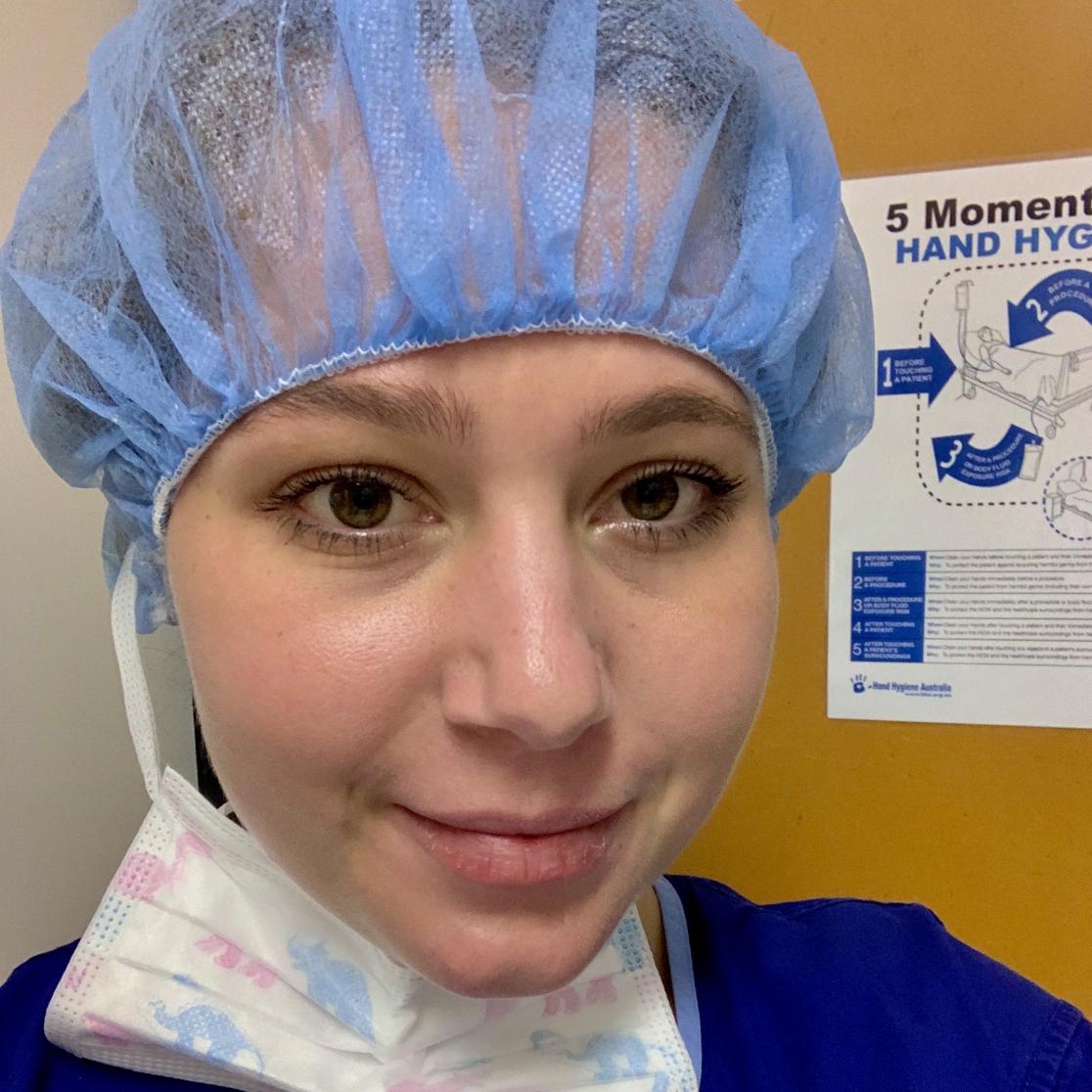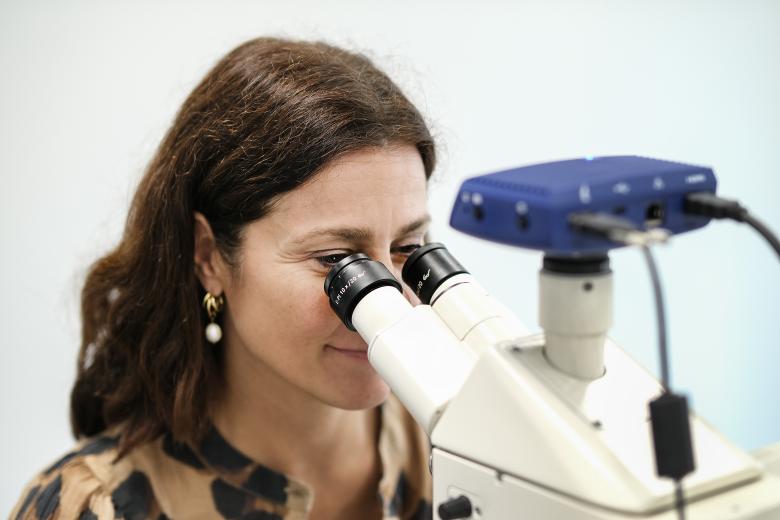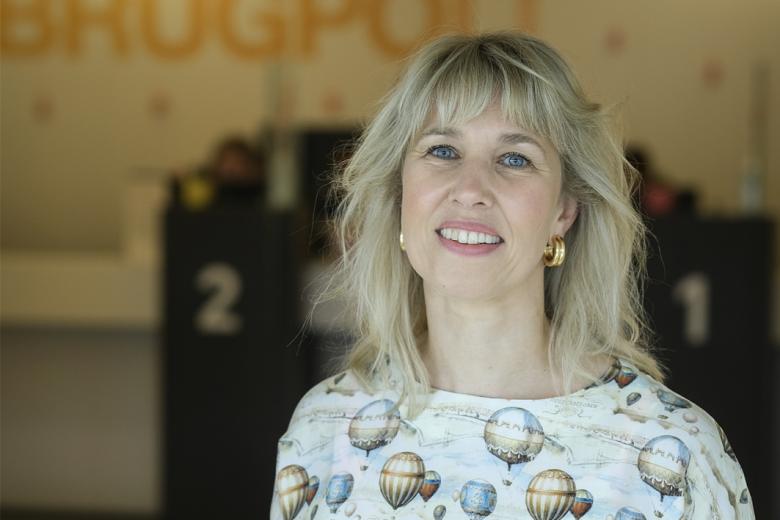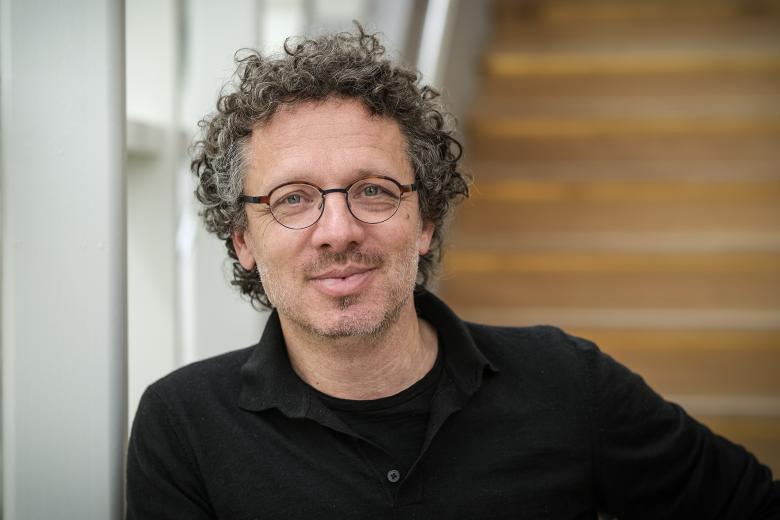Stuck down under; about uncertainty and staying positive
Medical student Kirsty Jacobi was midway her elective Ophthalmology in Australia when the corona outbreak started. Fearing to be stranded abroad while returning to the Netherlands, she decided to stay in Australia and finish her 10-week elective.
“On 16 February, I left for Australia for my elective at the Vision Eye Institute in the rural town of Mackay. At that time, cases of COVID-19 surfaced in other parts of the world, but it was not yet really worrying. I even visited a busy festival in Adelaide and went to Sydney for some sightseeing. But when I started in Mackay, things suddenly went very fast.”
Staying out of necessity
“The university in Maastricht asked me to come back to the Netherlands. I tried to rebook my plane ticket, but the phone connection to my airline company kept disconnecting and my messages were not responded to. It was chaos, flights were canceled en masse. At the same time, I saw on TV how other travelers stranded in intermediate airports. I started to consider staying in Australia; the risk of contamination (for myself and my environment) would remain the lowest in this way and I was reasonably safe where I was. And I certainly didn’t want to get stranded somewhere. I decided (out of necessity) to stay in Australia.”
Eased rules
“Despite the strict restrictions, I am finishinig my elective right now. The corona rules have been eased since this weekend [editorial: Kirsty wrote this on 3 May]: first we were only allowed to leave the house for groceries and medical help, now the government has added ‘recreational purposes’. This means that I can drive or have a picnic, but only with one other person, at a distance of 1.5 meters and up to 50 km outside my residental address. Incidentally: 50 km in Australia means that you can just reach the supermarket.”
Uncertainty
“In the last 24 hours, there were only 14 new corona cases in Australia and most infected people have recovered. The government is now discussing the possibility of extinguishing COVID-19 completely. That's great news, of course, but I'm afraid it also means that I can't go home for another while. At this time, there are no possibilites to return and there will probably be no new repatriation flights."

"The uncertainty about when the Australian (state) borders will reopen makes me anxious. I miss my home and worry about my family. I am also worried about my graduation in September.
Besides the uncertainty, there is also good news: for the first time in weeks, I was able to buy toilet paper again. Sold out food can be replaced by other food, but without toilet paper it gets a bit difficult...”.
Update:
Kirsty wrote this story on 3 May. Meanwhile, they are allowed to travel 150 km and meet up with a maximum number of 10 people (with 1.5 meters distance). Cinemas, restaurants, et cetera remain closed. “For now I mainly stay 'at home', work in the garden and go for walks in the neighbourhood. I am also going to do a kind of internship at Radiology for two weeks, and then I think I will go back to the eye clinic where I did my elective, because I can help them catch up as regular care gets underway. There will be flights to London from 21 May, but I'm afraid to get stuck in London. So I hope they will fly to Europe soon. Anyway, it is a positive sign!”
Update 3 June 2020:
"On 27 May, I flew back to the Netherlands. I had frequent contact with a travel agency in Australia; they would monitor when opportunities for return arose again. I was informed that Qatar Airways would fly from Brisbane to Amsterdam via Qatar. I had the fifth ticket sold. Normally I would fly to Brisbane, but that option didn't exist now. I drove two days with a rental car to get to Brisbane. Brisbane airport was open for this one flight. The Qatar Airways staff were dressed in those white insulating suits with splash goggles, mask and gloves. The plane was for by my estimation for 60% full, which I thought was quite a lot. After traveling for a total of four days, I finally arrived in Amsterdam; that felt so unrealistic. Entering the Netherlands was easy; I was only asked about symptoms and when I answered "no" I was allowed to walk straight through.
My jet lag is now gone and I moved to Eindhoven to start with my Health Participation period this week. It is bizarre how fast things can go; one week you are still stuck in Australia and the next week you have already moved within the Netherlands to start your next internship."
Also read
-
Fresh air
Newly appointed professor Judith Sluimer (CARIM) talks about oxygen in heart functioning and the 'fresh air' the academic world needs.

-
Huntington’s is a disease you don't carry alone
Mayke Oosterloo is a movement disorders neurologist at Maastricht UMC+ and a researcher at the MHeNs institute of Maastricht University. In the outpatient clinic and various nursing homes in Limburg, she guides and treats patients (and their loved ones) with Huntington's disease.

-
Trauma-Free Care for Sick Children
Drawing blood, inserting an IV, or looking into the ear; even seemingly simple medical procedures can cause anxiety, pain, and stress in children. According to pediatric intensivist Piet Leroy, comfort and trust are just as important as the medical treatment itself. Therefore, he is researching how...
